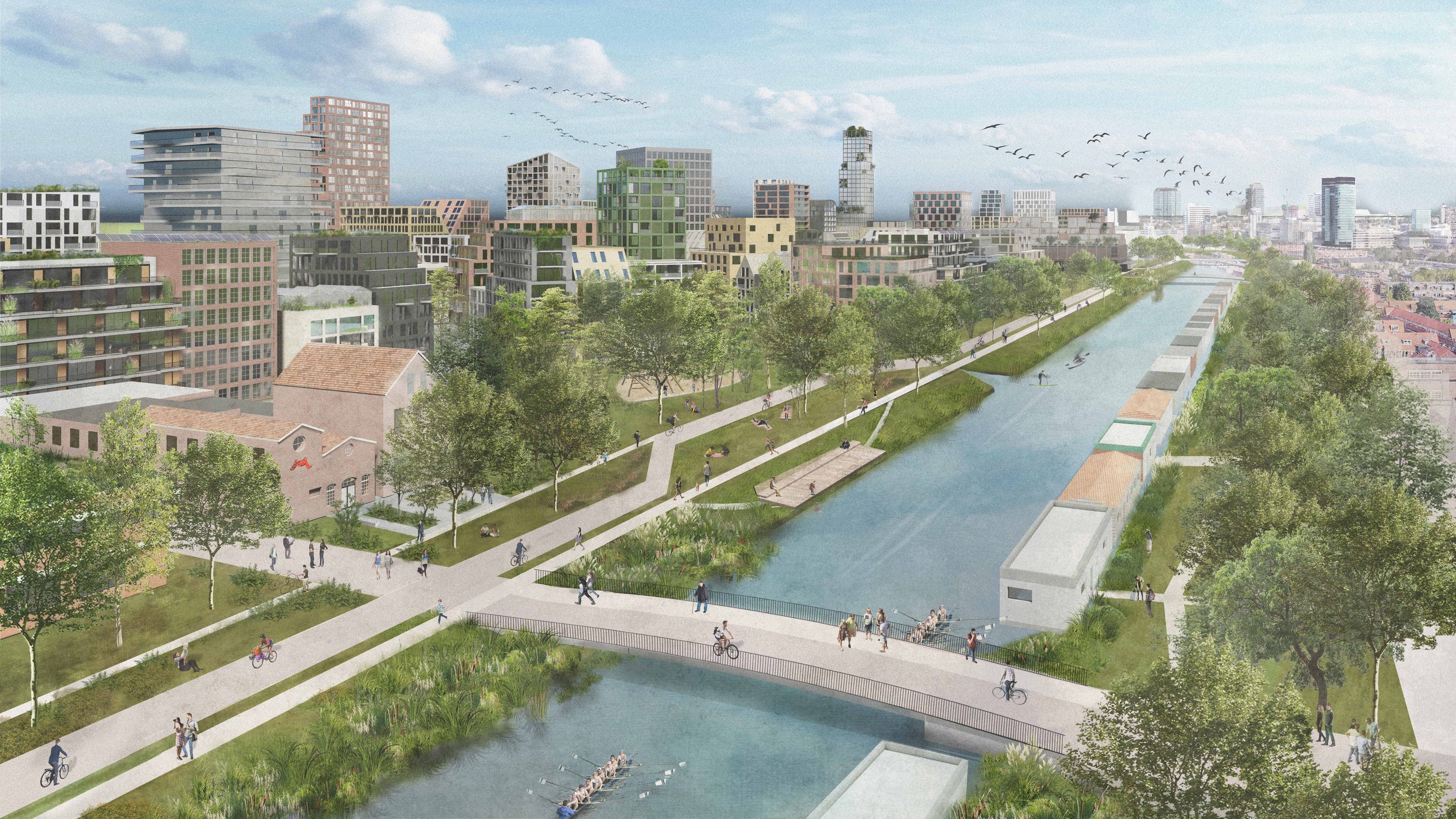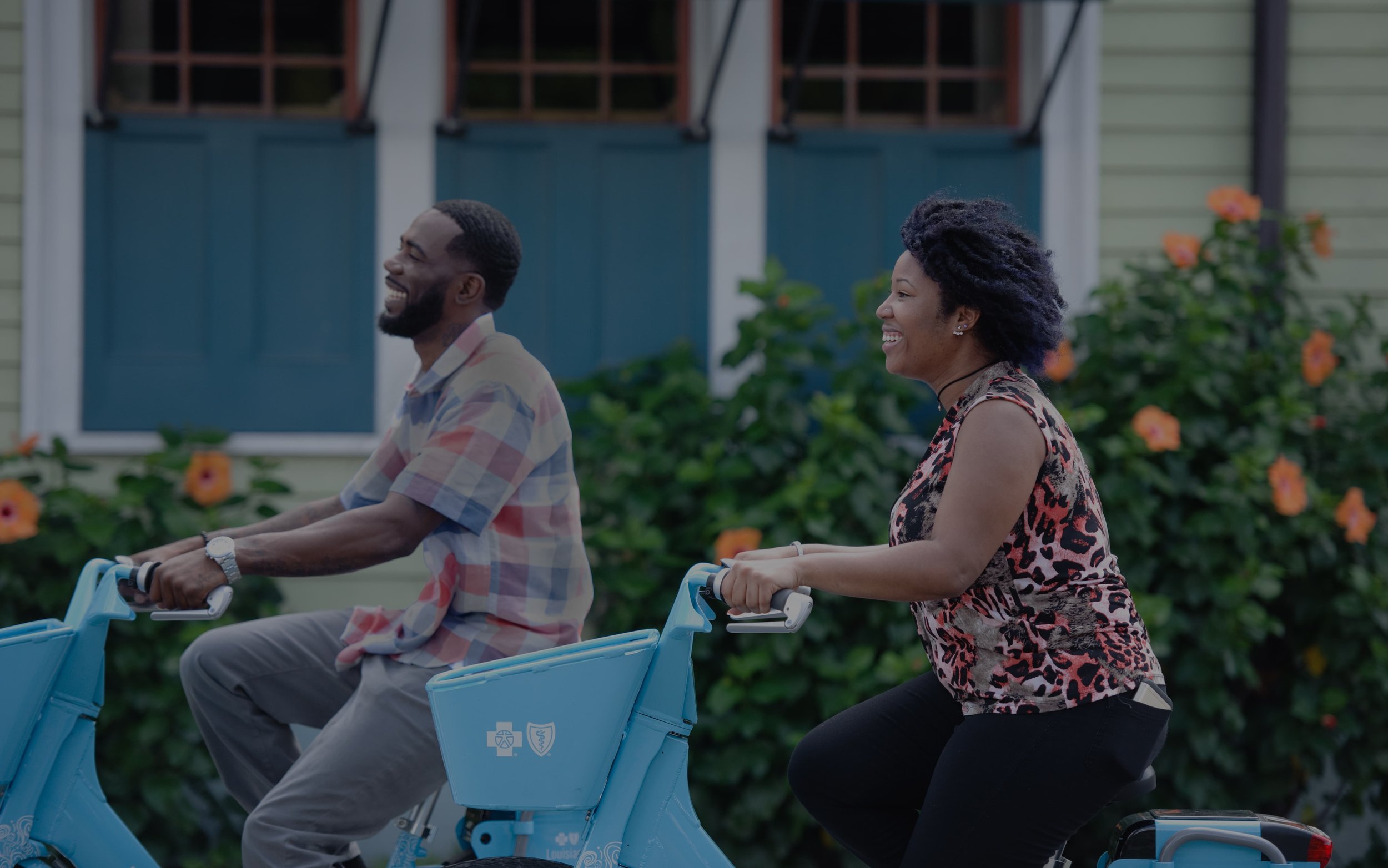There's a fascinating symbiotic relationship between micromobility subscription services and the secondary market. This week, I had the pleasure of exploring this further with Kevin McLaughlin, the founder and CEO of Canadian ebike subscription company Zygg.
After launching two succesful Canadian car share services, Kevin started Zygg in 2019 with a fleet of 45 Gazelle ebikes and 200 Ariv (GM's micromobility play) ebikes. Virtually all of their vehicles since the initial launch have been subscribed to for 2 years straight, with many of their customers being food delivery drivers. The fleet has since grown to 1100+ ebikes available for subscription.
Over the last year, Zygg started selling used ebikes from their subscription fleet, primarily due to a fleet refresh caused by 2+ years of usage of their existing vehicles as well as a need to get new types of vehicles that are better suited for the high utility needs of their most common users. However, Kevin noted that this initial exploration has uncovered two significant opportunities for vehicle subscription services like Zygg.



